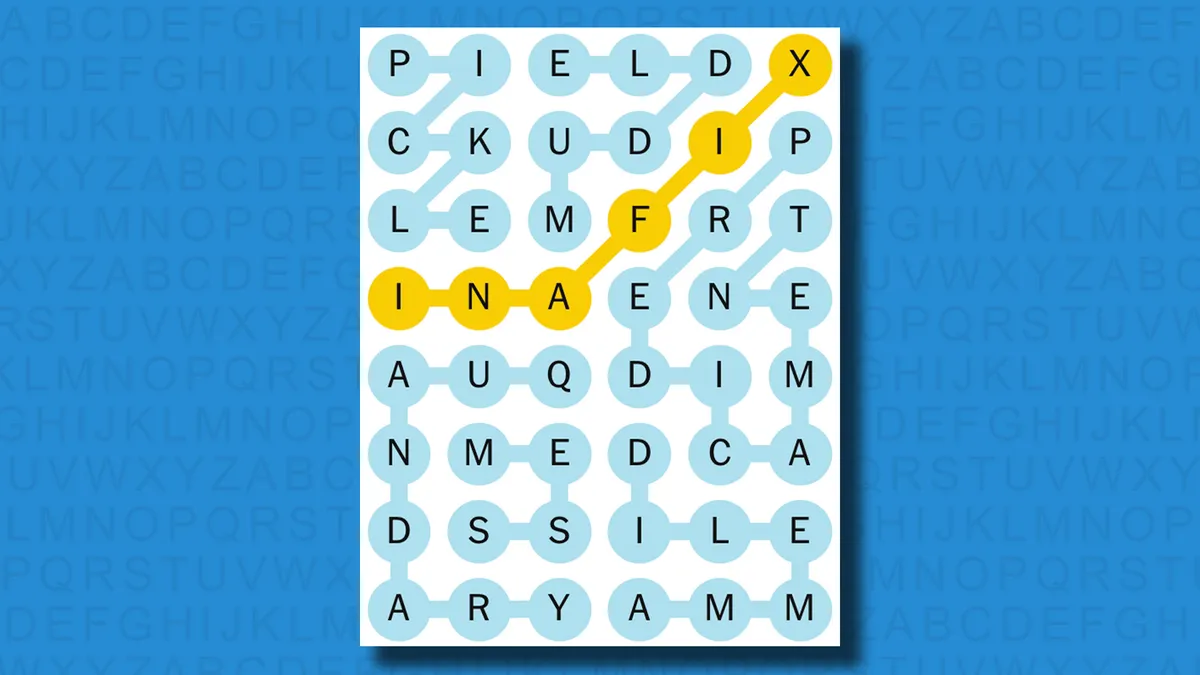If you’re working through today’s Strands and want a nudge (or the full solution), here’s a spoiler-light path to the finish for game #566, followed by the complete answers.
Note: Minor spoilers below. Full solution appears further down.
Today’s quick facts (game #566)
- Theme: “Dire straits”
- Overall difficulty: moderate, per the NYT’s Sidekick post
- Spangram: 6 letters
- Spangram path: touches the left edge on row 4 and the right edge on row 1
- Starter words that trigger in-game hints:
- CLEAN
- DUKE
- DICE
- MILE
- DUEL
- TRIP
Hint path without the spoilers
- Think situations you’d rather not be in — something knotty or awkward that demands a choice.
- The spangram is a concise phrase that means “in trouble” or “stuck.” It’s only six letters and travels diagonally across much of the grid.
- Once you place that spangram, scan for short, everyday words that also label a sticky situation; they’re spread around the board and vary in length.
Strategy tips
- Use a throwaway probe word early (like those listed above) to bank a hint and narrow your search area.
- After you lock the spangram, look for clusters of letters that can bend — Strands frequently tucks a turn or diagonal into common nouns.
- When stuck, trace from repeated letters (S, M, D) outward; predicament words often reuse consonants.
- If you want broader fundamentals, the NYT’s Strands tips and tricks are a useful refresher.
Today’s answers (spoilers)
- MUDDLE
- PICKLE
- DILEMMA
- MESS
- QUANDARY
- PREDICAMENT
- Spangram: INAFIX

Why the theme fits
“Dire straits” points to trouble, but the grid leans into everyday labels for problems you can potentially work through: a “pickle,” a “muddle,” a “mess.” The six-letter spangram ties it together with a compact “in trouble” phrase that crosses the board.
Yesterday’s puzzle (game #565) recap
- RICE
- COCONUT
- ALMOND
- MACADAMIA
- FLAX
- CASHEW
- Spangram: NONDAIRYMILK
One more tip for repeat solvers
When a theme suggests a category you can brainstorm quickly (e.g., types of problems, kinds of milk, tools, etc.), jot a short list before hunting letters. Matching plausible targets against the grid’s letter pockets saves time, especially on moderate-difficulty days.

